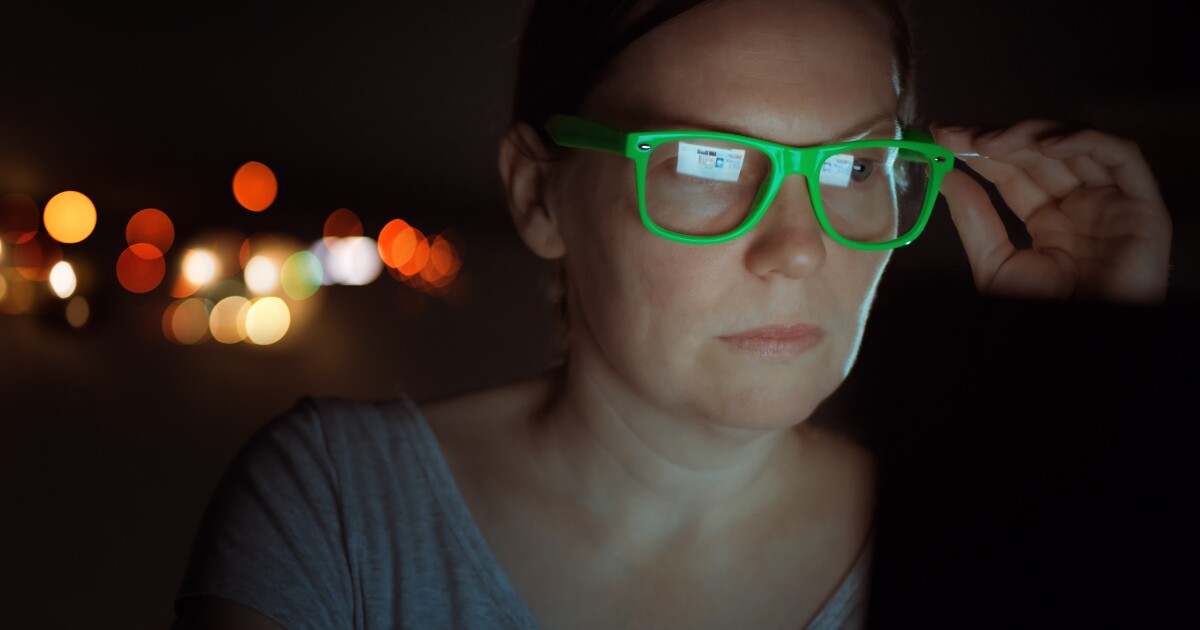In a study of studies, researchers concluded that eyeglasses that block blue light might not deliver on claims made by advertisers or optometrist offices. They caution consumers to think twice about shelling out the extra cash for the specs.
“The amount of blue light our eyes receive from artificial sources, such as computer screens, is about a thousandth of what we get from natural daylight," he said. "It’s also worth bearing in mind that blue-light filtering lenses typically filter out about 10-25% of blue light, depending on the specific product. Filtering out higher levels of blue light would require the lenses to have an obvious amber tint, which would have a substantial effect on color perception.”



I’m sceptical that blue light lenses, even those that effectively block blue light, are doing much of anything. Blue light can mess with your circadian rhythm, but so can orange-tinted light if it’s bright enough. A better system would be to limit screen time after dark. If you are using screens, lower their brightness to the lowest amount you can still see. You can use a night -time filter to tint the screen orange after dark (most OS’s and devices support some form of this). Blue light lenses while holding a OLED device six inches from your face at full intensity? Likely not doing much.
Yeah, I’m pretty sure I read that your circadian rhythm is really set by basically the brightest light you see regularly. And just outside is orders of magnitude brighter than any screen you’d look at. So, as long as you anchor yourself to sunlight the rest is all quite negligible.